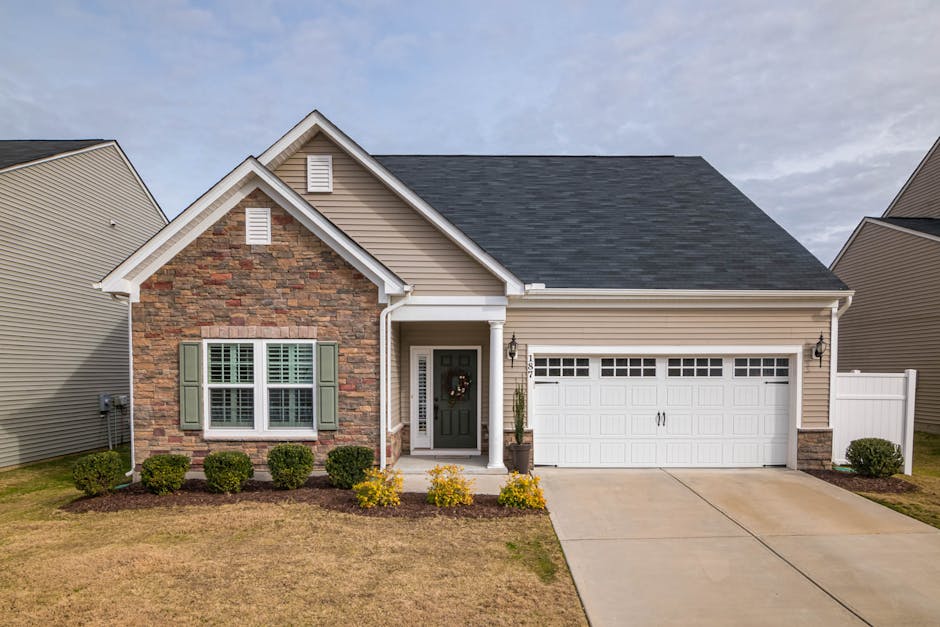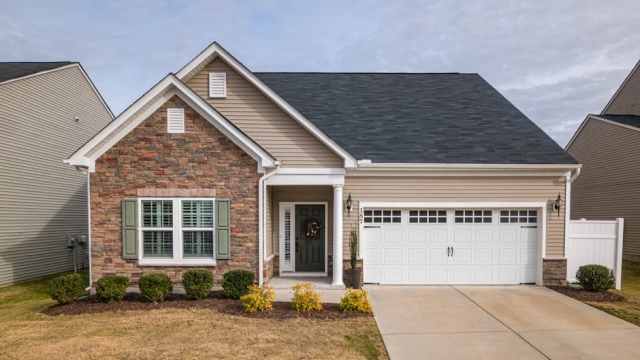
In an ever-evolving landscape, the real estate industry is witnessing a wave of transformation driven by innovation. As market demands shift and technology advances, the need for real estate professionals to adopt cutting-edge practices has never been more pronounced. This article explores the various facets of real estate innovation, focusing on emerging technologies like artificial intelligence and machine learning, sustainable building practices, and the impact of virtual and augmented reality on property marketing. Through a deeper understanding of these elements, stakeholders can better navigate the complexities of the real estate market.
Emerging Technologies in Real Estate: AI and Machine Learning
Artificial intelligence (AI) and machine learning are at the forefront of real estate innovation, providing tools that enhance decision-making and streamline operations. These technologies enable real estate professionals to analyze vast amounts of data, leading to more informed choices in property management, pricing strategies, and investment opportunities.
For instance, AI can predict market trends by analyzing historical data, which helps investors identify promising locations for purchasing properties. Machine learning algorithms can assess factors such as neighborhood dynamics, economic indicators, and demographic shifts to forecast future property values. This predictive capability not only aids in investment strategies but also enhances property valuation accuracy, benefiting both buyers and sellers.
Moreover, AI-powered chatbots are revolutionizing customer service in real estate. By providing instant responses to inquiries and facilitating property viewings, these chatbots improve the overall client experience, allowing agents to focus on more complex tasks. As these technologies continue to evolve, their integration into real estate practices will likely become even more sophisticated.
Sustainable Practices and Green Building Innovations
Another critical aspect of real estate innovation is the growing emphasis on sustainability. As environmental awareness increases, developers and investors are prioritizing green building practices. Sustainable design not only reduces environmental impact but also enhances the long-term value of properties.
Innovations in green building materials, energy-efficient systems, and eco-friendly construction techniques are transforming the way properties are developed. For example, incorporating solar panels, rainwater harvesting systems, and energy-efficient HVAC systems can significantly reduce utility costs and attract environmentally-conscious buyers. Additionally, properties that meet green certification standards often see increased marketability and demand.
Furthermore, sustainable practices extend beyond construction to include operational efficiencies, such as smart building technologies that monitor energy usage in real-time. These innovations contribute to lower operational costs while promoting a healthier living environment for residents. As more stakeholders recognize the benefits of sustainability, the integration of these practices into real estate will continue to expand.
Virtual and Augmented Reality in Property Marketing
Virtual and augmented reality (VR and AR) are revolutionizing the way properties are marketed and experienced by potential buyers. These technologies offer immersive experiences that allow prospective clients to explore properties from the comfort of their homes.
Virtual reality enables potential buyers to take virtual tours of homes, providing a realistic sense of space and layout without the need for physical visits. This capability is particularly beneficial in reaching buyers who may be relocating from different regions or countries. By offering a comprehensive view of a property, VR can significantly enhance the decision-making process.
Augmented reality also plays a pivotal role in property marketing by allowing users to visualize how a space can be utilized or modified. For instance, AR applications can overlay furniture and design elements onto an empty room, helping buyers envision their future home. This innovative approach not only captivates clients but also accelerates the sales process by providing a more engaging experience.
Conclusion
In conclusion, real estate innovation is reshaping the industry by integrating advanced technologies and sustainable practices. By embracing AI and machine learning, real estate professionals can enhance their decision-making capabilities. Meanwhile, a focus on sustainability ensures long-term value while benefiting the environment. Finally, the use of virtual and augmented reality is transforming property marketing, making it more interactive and accessible for buyers. As these innovations continue to develop, they will play a crucial role in defining the future of the real estate landscape, paving the way for more efficient, sustainable, and engaging practices.
For those interested in exploring innovative real estate opportunities or seeking guidance on implementing these practices, it is advisable to consult with professionals who specialize in this evolving field. A visit to [this location](https://www.google.com/maps/place/?q=place_id:ChIJy7mqY4WhCIgRRiVgsEqpOuM) may provide valuable insights and resources to navigate these changes effectively.
